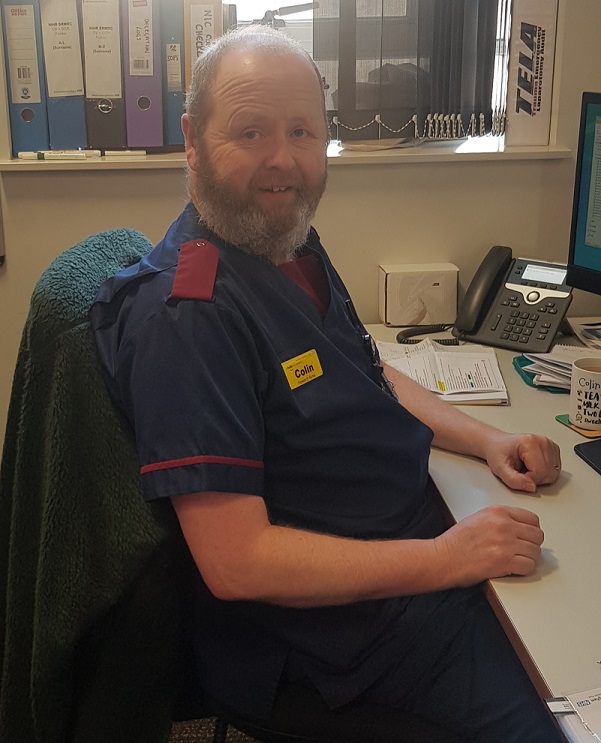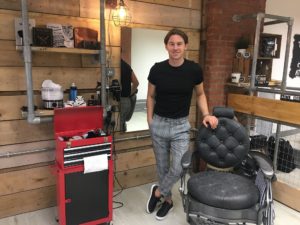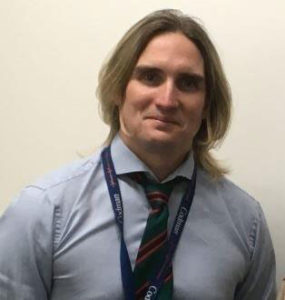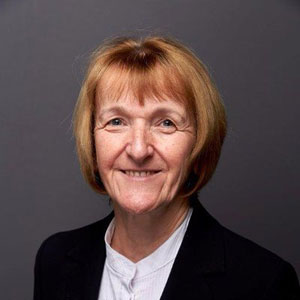
A Day in The Life of… Colin Bergin


A new initiative here at the NIHR SRMRC is to give people an insight in to what different members of our team do on a day-to-day basis. It is our hope that with this people can feel that bit closer to the research process and understand how so many different people fit together to make a big, successful research programme! Today’s team member in the spotlight is Research Nurse, Colin Bergin who told us about his day…
6:50 AM: I start my day with a brew, of course. While I’m having that, I look at my emails to see what’s been happening during the night. To do this, I review the “Trauma Take”. I screen for any patients who are eligible for our studies or have been recruited by on-call nurses and doctors in the Emergency Department (ED).
7:00 AM: The nursing team have handover. This is where we divvy up the different jobs between us. Some of us will bleed patients, others will visit the newly admitted patients who are eligible for our clinical trials and then someone will be in charge of drug administration.
7:30 AM: We disperse to the new (Queen Elizabeth Hospital Birmingham) site and take bloods for our trials such as SIFTI, ADaPT and Golden Hour. We also give the drugs needed for ADaPT and see potential PRISM, Flo-Ela, WHITE or Hands (HaPPeN) trial patients. After this, we review trial patients on the ITU (Intensive Care Unit), which we do on a daily basis and review those on the ward as needed (usually 2-3 times a week).
10:00 AM: I come back to the office and – have a brew!!!!
10:30 AM: After a break, I answer my emails. I usually have around 40 or more to answer a day. I also do some admin for the nursing team in this time; sorting out the off-duty and recording leave, etc.
11:00 AM (and throughout the rest of the day): I screen patients via PICS (Prescribing Information and Communications System) to identify potential trial participants. With those identified, we take a closer look and if they are suitable for a trial, we contact the PI (Primary Investigator) or delegated doctor and see if we are good to go. Usually we will need to speak to the patient’s family if we can’t speak with the patient themselves (which unfortunately does often happen with trauma-related trials) and then with the doctor.
All Day (until 19.30): We as a team will receive trauma alerts (but these can obviously be at any time during the day) and go to the ED. This may involve spending hours in ED, depending on the day. Once we identify that a patient might be eligible for one of our trials we gain consent as soon as possible to see if the patient or the patient’s family is happy for them to be a part of the trial. I also collect patient data and enter it on to the eCRF (case report form).
Afternoons: I usually attend meetings in the afternoon. These might include giving or listening to a presentation or maybe we’ll discuss the current status of a few trials.
That’s timing for you, just received a trauma call! Hopefully this gives an insight in to what I do (there may be more tea than was recorded!)





